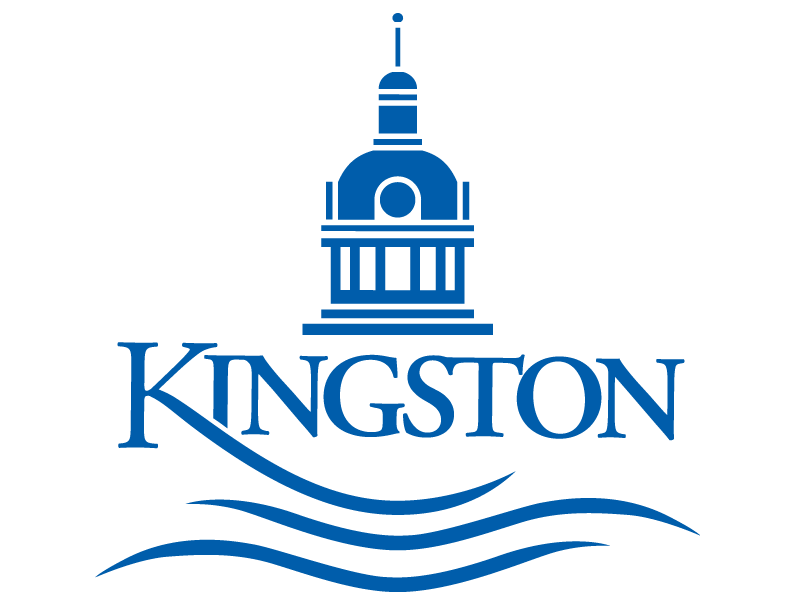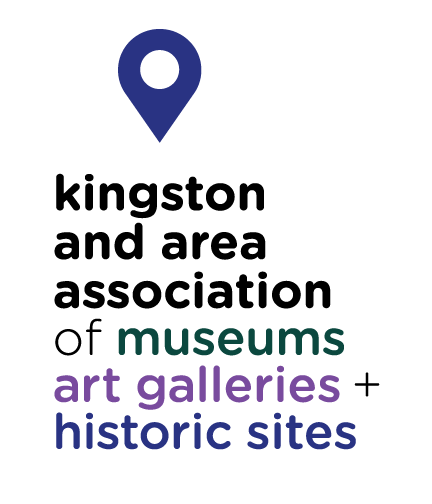- About the Museum
- History
- Operating Team
- Advisors
- In Memoriam
- Seniors' Accessibility Plan
- Media
- Contact
- Rent the Museum
History of the Museum, our Structure & Goals
First conceived in 1988, the Museum was born in 1991 when we began to build our collections of medical and general health from across Canada. The collection is now over 35,000 artefacts.
The Museum of Health Care relocated to our permanent home in the former nursing-student residence at Kingston General Hospital in 1995. The historic Ann Baillie Building is a beautiful 1904 Beaux-Arts style limestone structure and National Historic Site commemorating the history of nursing education in Canada. The Museum is a non-profit corporation and registered charity and has had a Board of Directors since 1996.
The Museum strives to preserve the material history of our medical and healthcare past with the goal of enhancing understanding of the history of health and health care, particularly in Canada. The Museum of Health Care acquires, conserves, researches, displays, and interprets artefacts that help to tell these stories. The Museum also serves as a primary resource for scholarly work in the history of health care.
Through careful restoration and adaptation of our historic home, the Museum of Health Care continues to expand our exhibitions, collection development, research, and education programmes. Museum galleries are located both in the Ann Baillie Building and in a network of Outreach Galleries in healthcare centres in Kingston.
Milestones
|
1988
|
Consultation and planning for the Museum begins. |
|
1991
|
The Museum begins to collect artefacts. |
|
1994
|
Our outreach gallery opens in the Hall of Honour at Kingston General Hospital. |
|
1995
|
The Museum relocates to the Ann Baillie Building. |
|
1996
|
The Museum establishes a Board of Directors. |
|
1997
|
The Museum incorporates as a registered charity. An outreach gallery opens at the Kingston Regional Cancer Centre. |
|
1998
|
The Ann Baillie Building is designated a National Historic Site. |
|
2000
|
Our outreach gallery opens in Providence Care's Mental Health Services site. |
|
2001
|
Our outreach gallery opens in the Bracken Library at Queen's University. |
| 2002 | The Museum acquires the majority of the Collection of the Academy of Medicine in Toronto. |
| 2004 | The Museum's Board of Directors adopts Strategic Plan 2004-2009. |
|
2006
|
Phase 1 of the renovation and restoration of the Ann Baillie Building is completed. |
| 2007 | The Tower and elevator are completed, achieving greater accessibility for visitors. |
| 2008 | Museum opens permanent nursing gallery in two newly restored rooms in the Ann Baillie Building National Historic Site. |
| 2011 | Two gallery spaces undergo renovation and restoration to accommodate a children’s gallery and semi-permanent exhibit space. |
| 2012 | The Board of Directors adopts Strategic Plan 2012-2016. |
| 2013 | The Museum launches its first mobile app |
| 2016 | A technology upgrade, including a new online database and free public WiFi, makes the collection more accessible than ever before. |
| 2017 | The Board of Directors adopts Strategic Plan 2017-2021. |
| 2021 | The Ann Baillie building copper roof, original from 1904, is completely replaced with a modern copper roof. |

